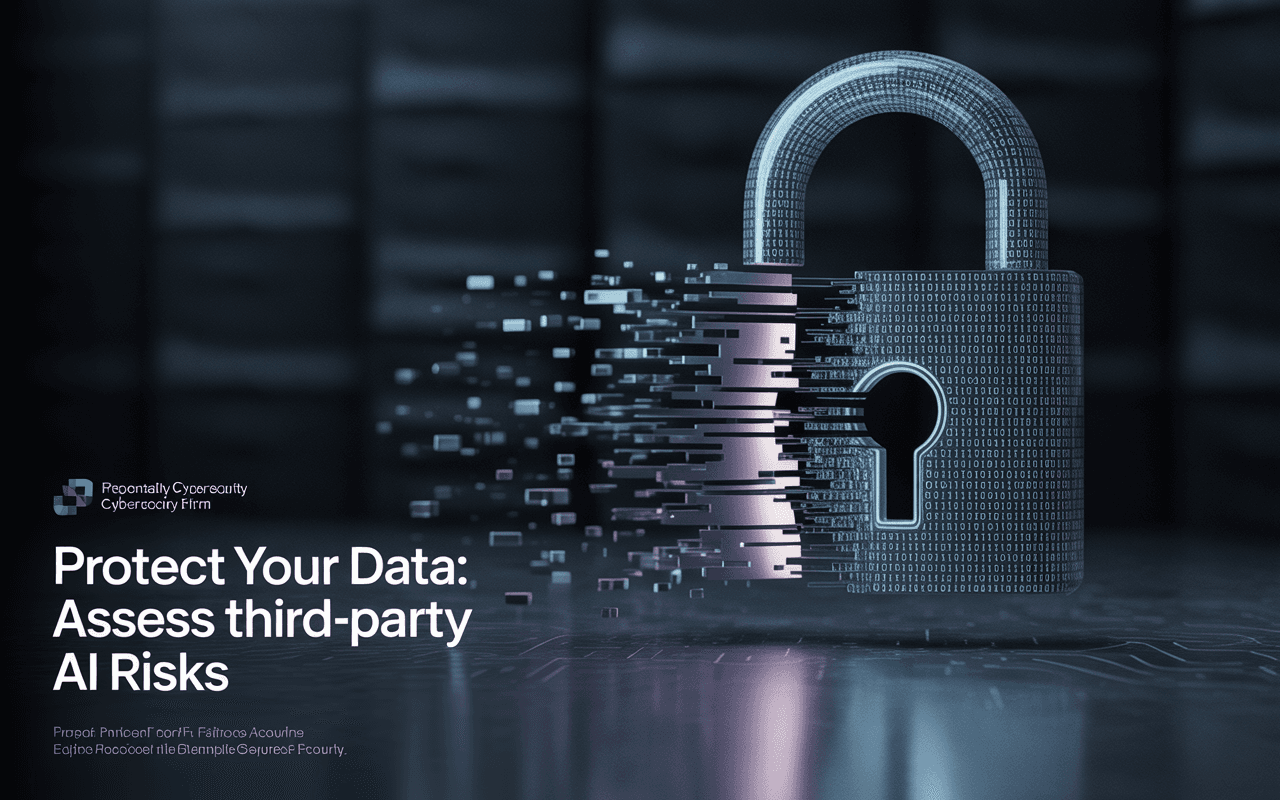The Hidden Risks: How Business AI Services Can Compromise Privacy
Published: 5/7/2025
In today's data-driven business landscape, AI has become a crucial tool for efficiency and innovation. However, many organizations are discovering a concerning reality: the very AI services meant to propel their business forward may be creating significant privacy vulnerabilities. Having spoken with numerous business leaders, we've found that understanding these risks is the first step toward implementing effective protections.
Common Privacy Vulnerabilities in Business AI Implementations
Data Leakage Through Training
When companies use third-party AI services, their proprietary data often becomes part of the training data that improves these models. While providers may anonymize information, sophisticated analysis can sometimes reverse-engineer and extract sensitive details from these models.
Prompt Injections
Malicious actors can craft inputs designed to trick AI systems into revealing confidential information. These "prompt injections" exploit how AI interprets instructions, potentially exposing data that should remain secure.
Shadow AI Usage
Employees eager to boost productivity may adopt consumer AI tools without IT approval, inadvertently sharing sensitive company information with external services. This "shadow AI" creates blind spots in your security posture.
Unintended Memorization
Large language models occasionally "memorize" specific data points from their training. When business-critical information is uploaded, there's a risk the model could reproduce this information in responses to other users.
Prevention Strategies That Actually Work
1. Implement On-Premise Solutions
The most effective approach is keeping AI systems within your security perimeter. On-premise deployment ensures your data never leaves your controlled environment, eliminating many privacy concerns at their source.
2. Establish Clear AI Usage Policies
Develop comprehensive guidelines that specify which AI tools are approved for different types of company data. Educate employees on the risks of sharing sensitive information with external AI services.
3. Use Robust Data Pre-Processing
Before feeding information to AI systems, implement strong anonymization and sanitization processes. Remove personally identifiable information and sensitive business data that isn't essential for the AI's function.
4. Perform Regular Privacy Audits
Conduct systematic assessments of how AI systems are handling your data. Monitor for unexpected behaviors and regularly test whether confidential information can be extracted through various attack vectors.
5. Employ Data Minimization Principles
Only share what's absolutely necessary with AI systems. The less sensitive information you provide, the lower your risk exposure. Consider segmenting data access based on specific business needs.
6. Leverage Privacy-Enhancing Technologies
Explore techniques like differential privacy, which introduces calculated noise into datasets to protect individual records while maintaining analytical utility. Federated learning approaches can also allow AI to learn from your data without centralizing it.
The Business Case for Privacy-First AI
Taking these precautions isn't just about risk mitigation—it's increasingly becoming a competitive advantage. Clients and partners are becoming more discerning about how their information is handled. Organizations that can demonstrate robust AI privacy practices build stronger trust and open doors to work with privacy-conscious clients.
In my experience working with businesses across various sectors, those that prioritize privacy in their AI strategy not only protect themselves from potential breaches but also position themselves as trusted partners in an increasingly data-sensitive market.
The key takeaway? AI implementation and data privacy aren't competing priorities—they're complementary aspects of a mature technology strategy. By addressing these concerns proactively, businesses can harness AI's full potential while maintaining the integrity of their most valuable asset: their data.
